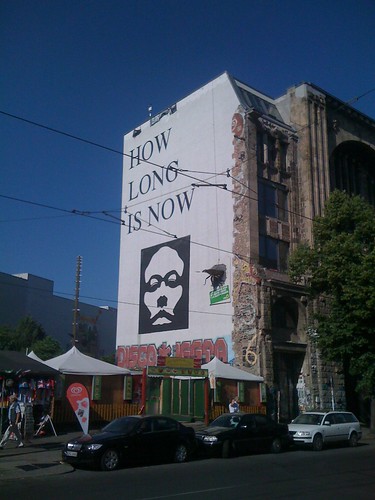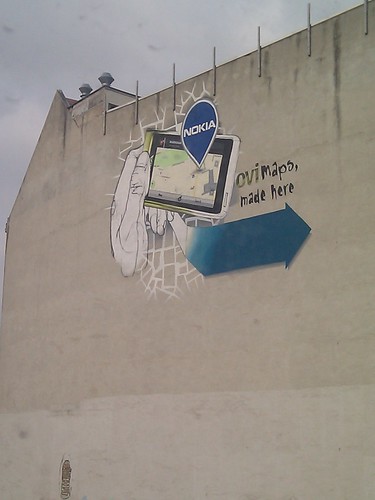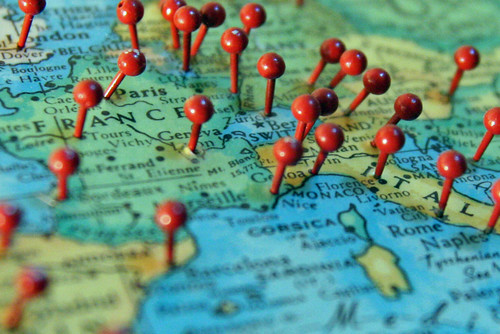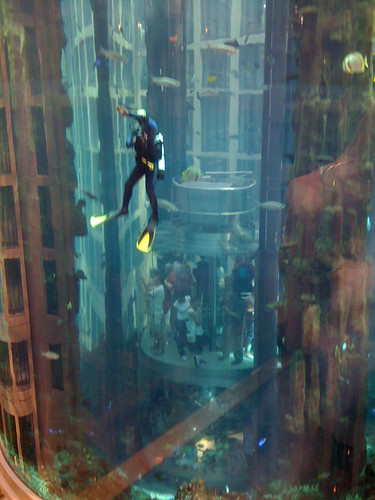Flight Safe Mode; The Sequel
This is mercifully brief follow up to my previous post on British Airways proscriptions on enabling flight safe mode on your mobile phone and hails jointly from the departments of "be careful what you ask for, it might come true" and "they didn't really mean to say that ... did they?" ...
On this morning's flight from London Heathrow to Berlin's Tegel the usual flight safety announcement was made, but with a couple of significant, if contradictory, changes.
"All electrical devices should be switched off during take off, landing and when the engines are running, some devices may be used after take off, please see High Life magazine for more information. If your mobile phone has a flight safe mode, it should be enabled now, before switching off the device and ensuring it is stowed in an overhead locker".





